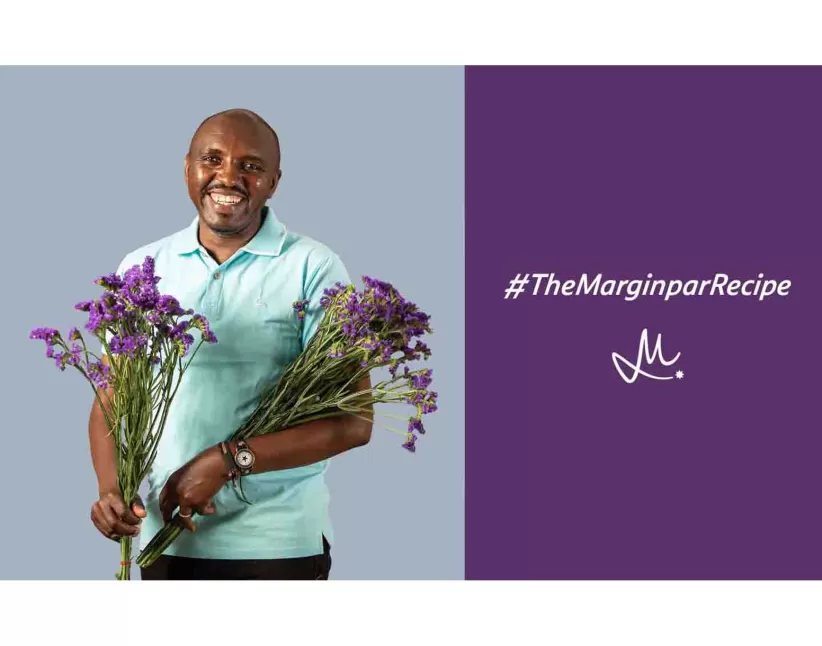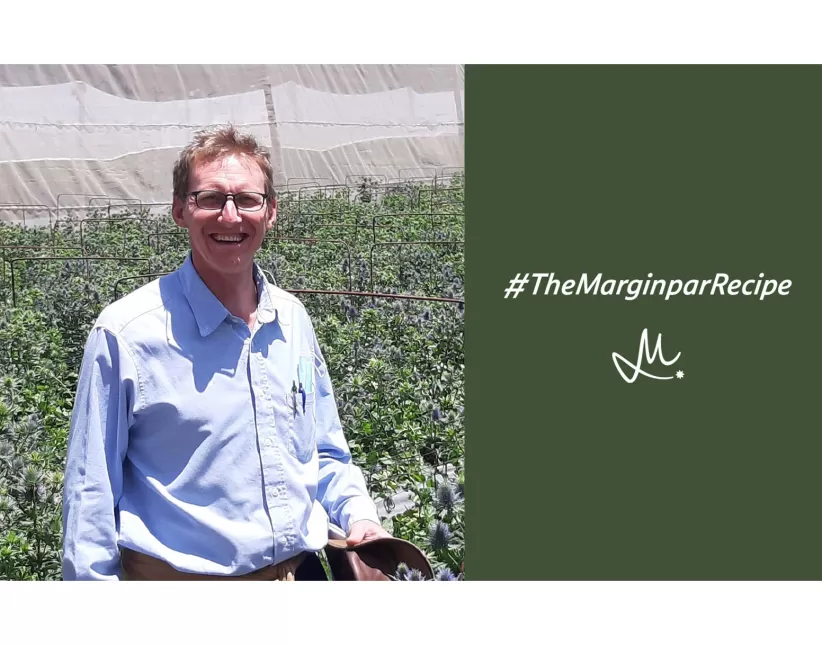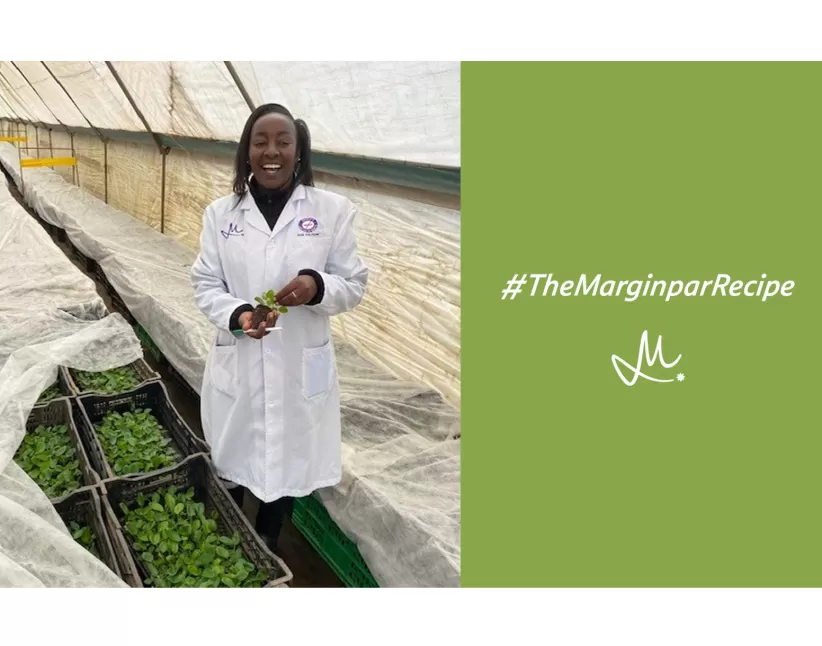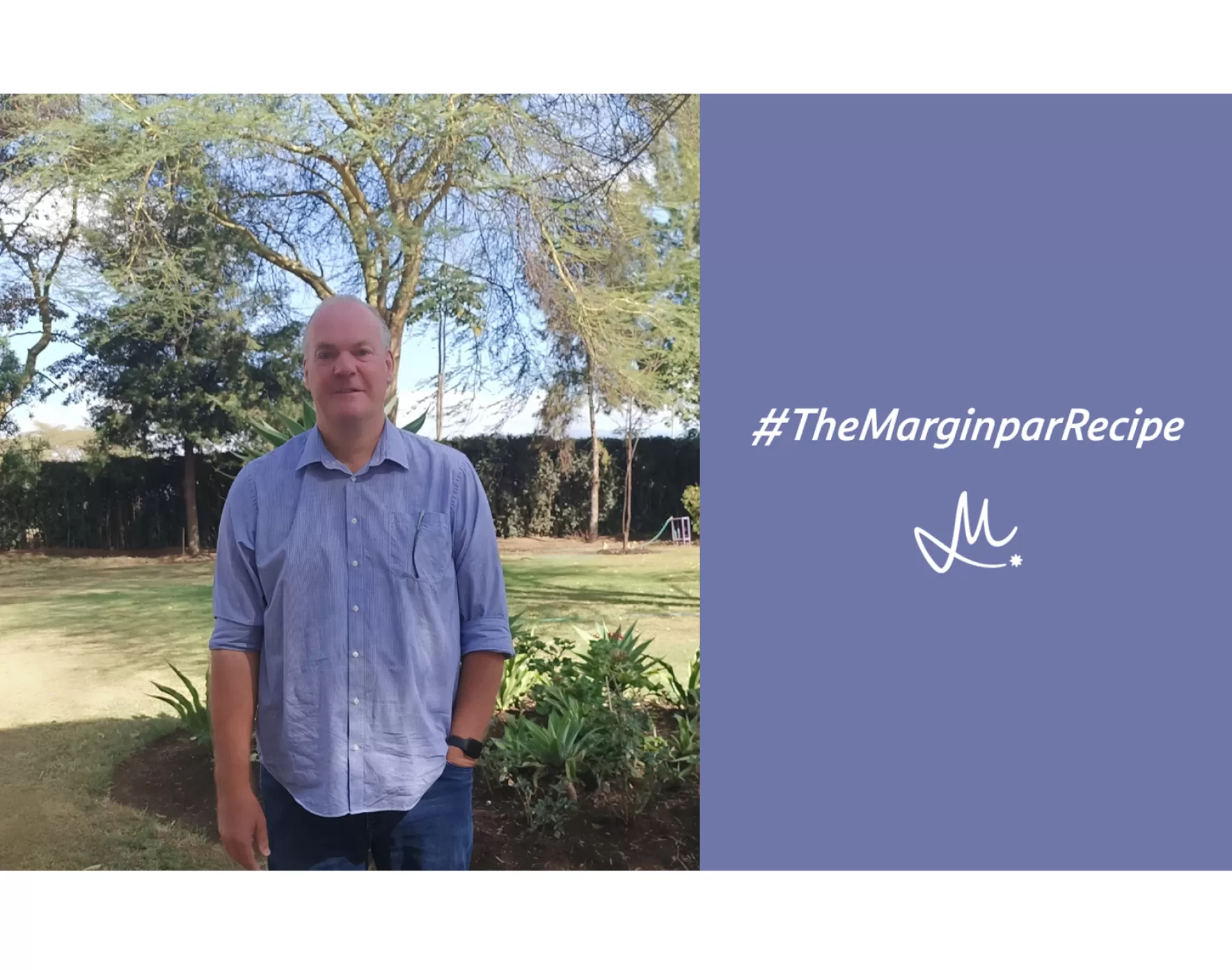
Agronomist Ronald Bosch - taking proactive steps
Earlier in #TheMarginparRecipe we talked about our efforts regarding ESG. One man whose work ties in with this is our agronomist Ronald Bosch.
Ronald was born in the Netherlands, but can definitely call himself an 'international citizen' by now. After the tropical agriculture school and a specialisation in tropical phytopathology at Wageningen Agricultural University, Ronald left for the Caribbean. He later worked in Latin America, South America and finally ended up in Africa in the banana trade. A year ago, he joined Marginpar, with the aim of making the cultivation of our flowers more sustainable.
To measure is to know
Cultivation starts with the soil. That is why Ronald's biggest question is perhaps: 'What can we do to manage the soil sustainably?'. Ronald: "We want to use fewer and fewer chemicals, but still protect the soil against diseases and pests, and keep the soil as workable and fertile as possible. Take the issue of fertilisation efficiency, for example. Little is known about the cultivation of summer flowers. Research has mainly been done for and by, among others, rose companies. So we have to research ourselves where the limits are for our crops. We are doing this in cooperation with a laboratory in Kenya.
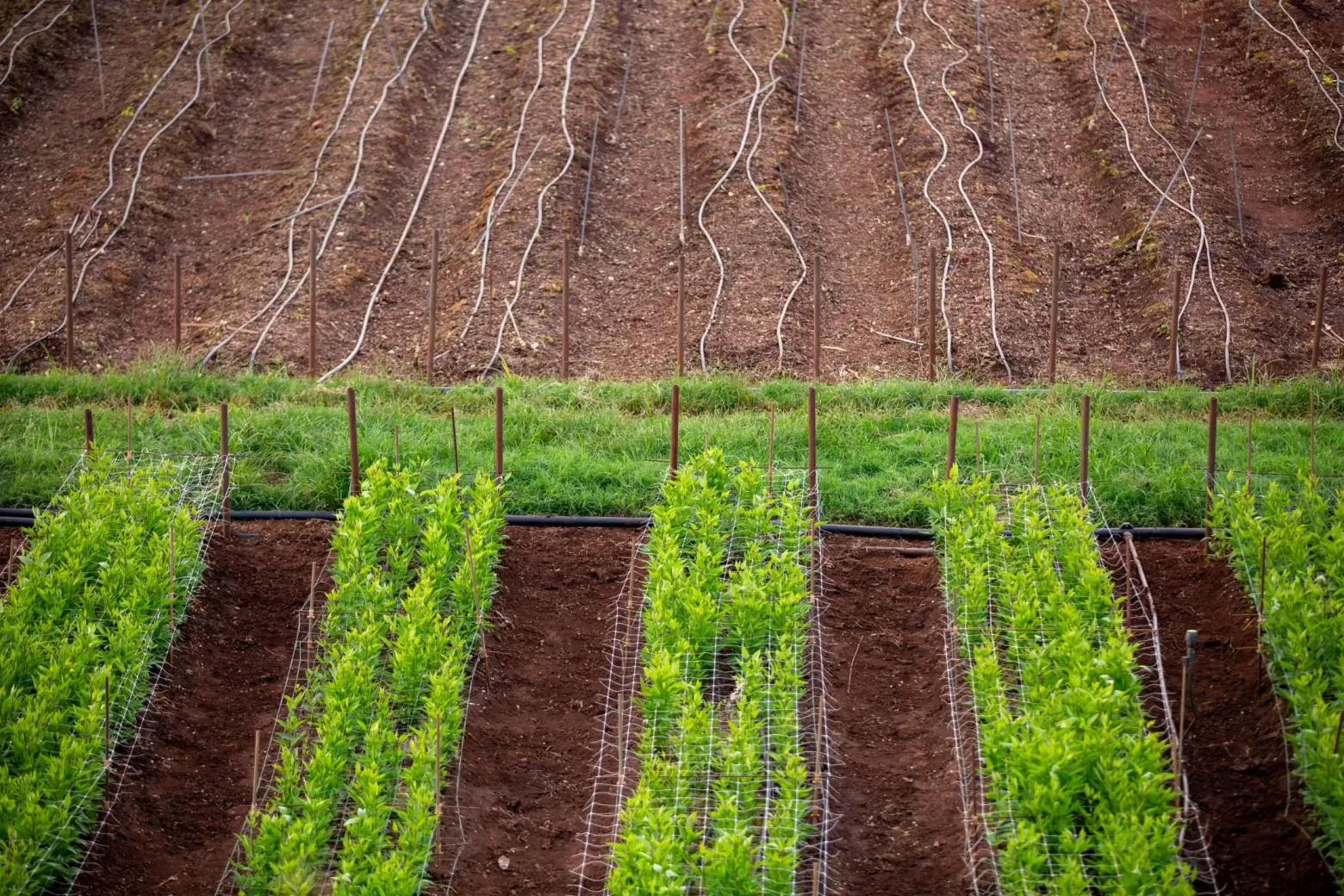
Ahead of new regulations
Ronald: "There are more and more signals from the market that consumers want fewer chemicals in their products. This is being picked up by labelling organisations, including the Kenya Flower Council and EPHEA (Ethiopian Horticulture Producer Exporters Association). Based on this, organisations such as the Pest Control Products Board in Kenya make a list of products they want to ban. We are not waiting until this actually happens, but are already investigating how we can apply organic pest control. We do this in cooperation with specialised companies. We are already seeing promising results there - within six months."
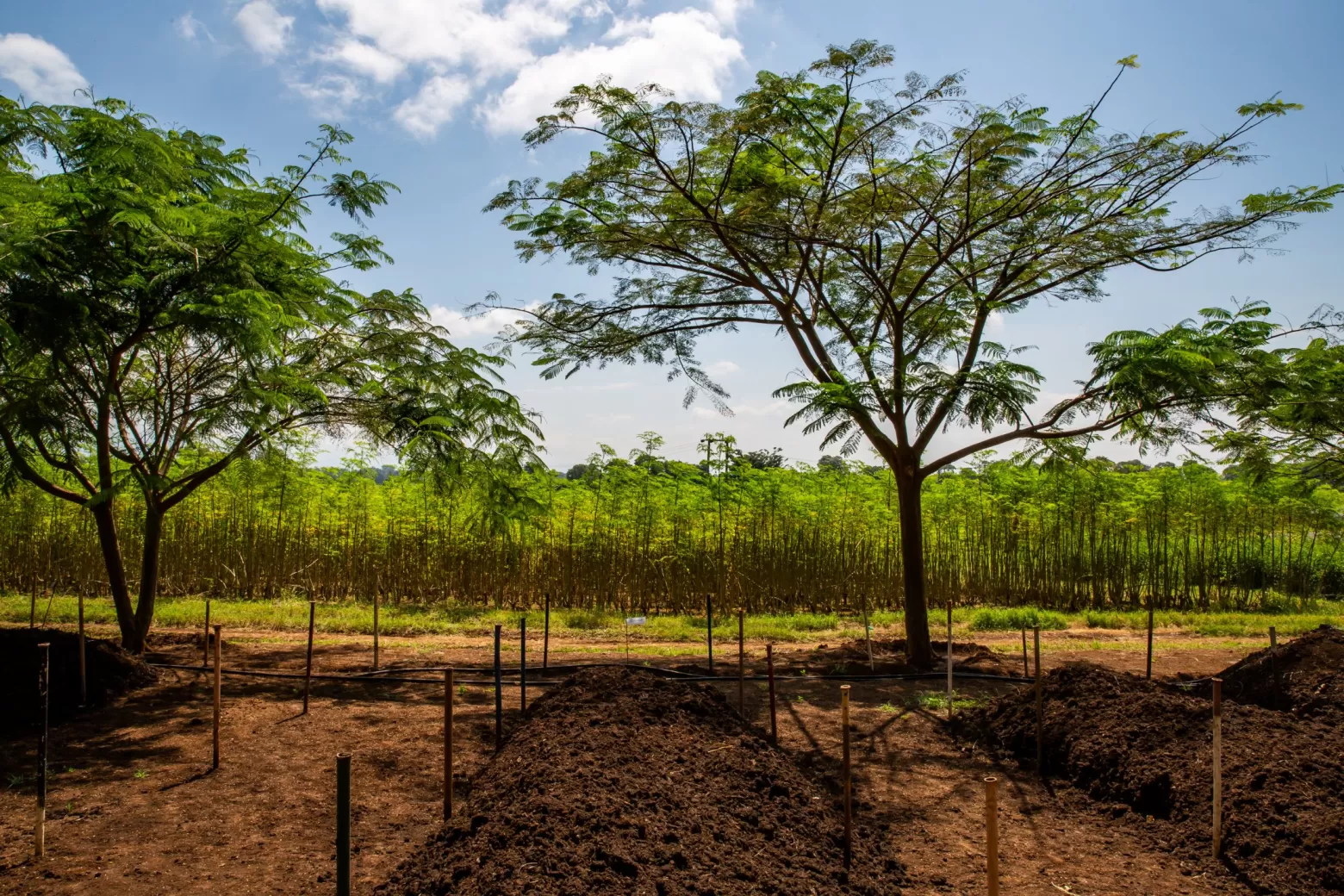
Bokashi vs Compost
In the past year, the farms have switched from Bokashi to compost, for adding to the soil. Ronald: "Bokashi - like compost - is made from green waste from the farm, but it is packaged airtight. With compost, you want to add as much oxygen as possible. The big advantage of compost is that it can’t go wrong, and that it improves soil resilience. As a result, you don't need to use as many chemical pesticides.
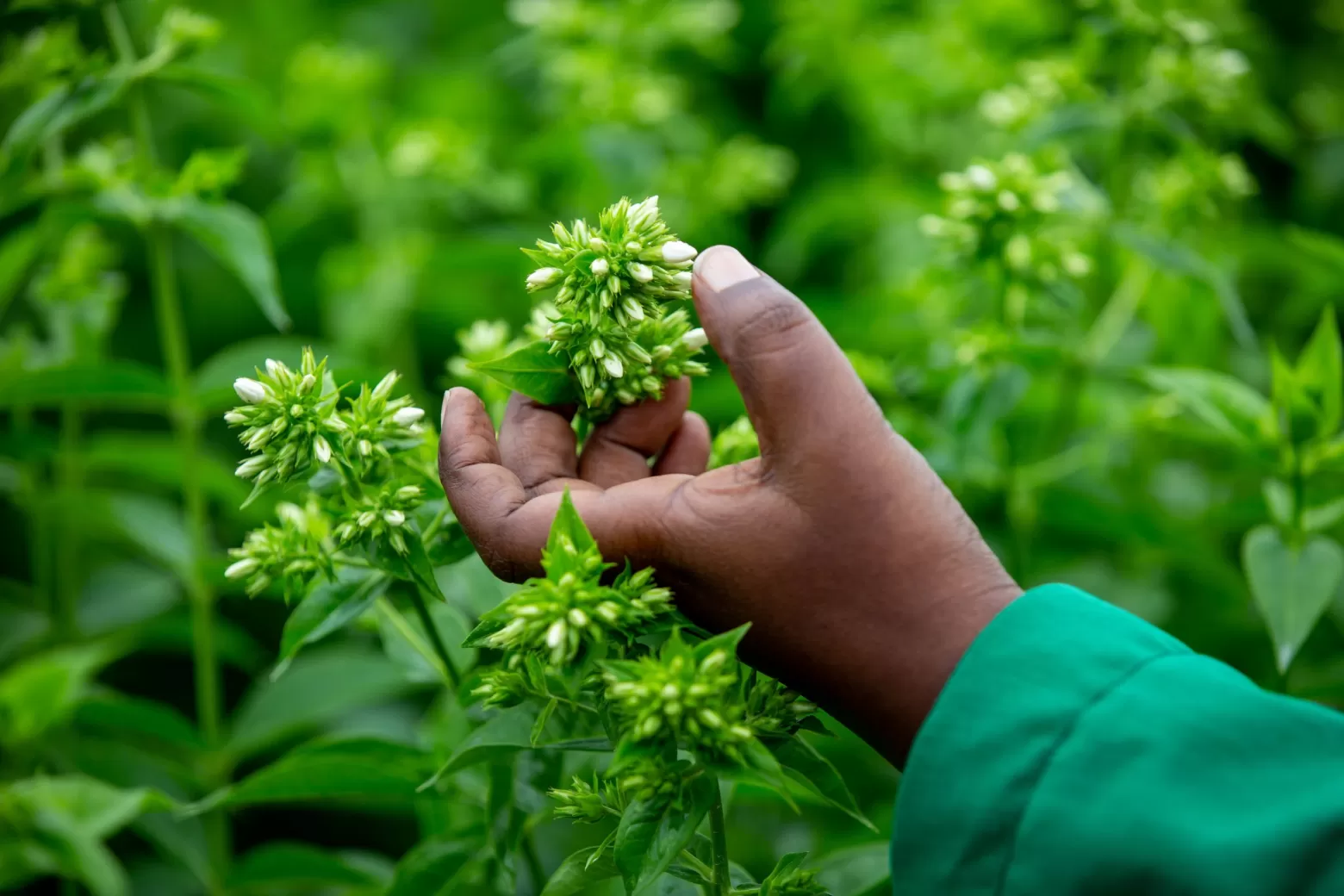
From A to Z
A second important step we have taken this year is to change the scouting policy. Nowadays, every farm is scouted twice a week from A to Z for diseases and pests. We have a quantitative scoring system; the observations are presented in numbers, instead of the previous coding system in levels, in which variation could not be shown. Now, farm managers and production managers have more insight into the real state of affairs and can also carry out more targeted treatments, resulting in fewer chemicals being used.
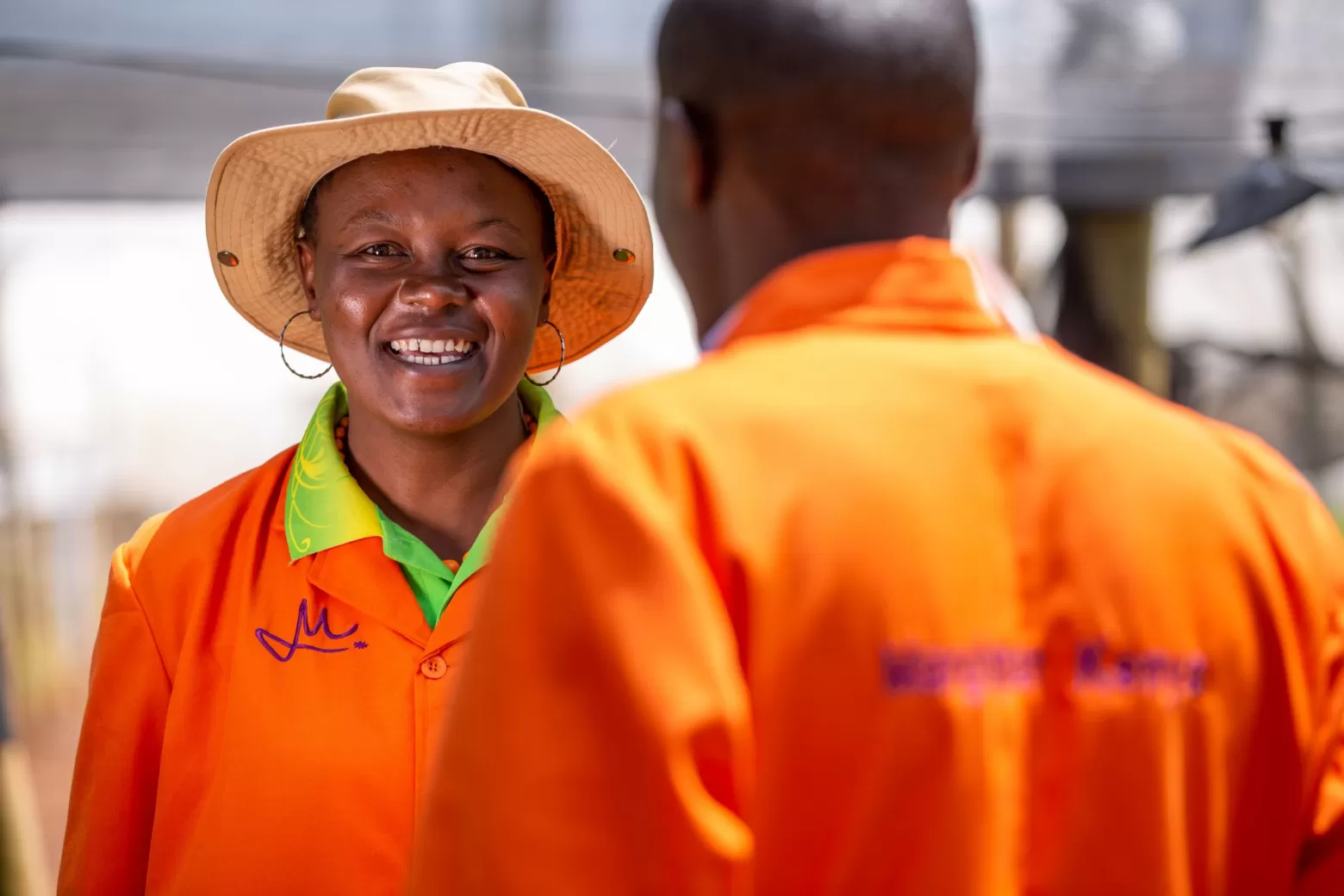
Horizontal learning
Ronald likes to work through horizontal learning; he first introduces a new system at one farm, after which that farm teaches it to other farms. Ronald: "I don't try something new at all farms straight away. There is nothing more demotivating than constantly changing course. Systems do need to be tailor-made for each farm. Ronald: "Every farm needs its own specific approach due to the differences in, for example, altitude, pH values and water in the soil. I started writing manuals. In these manuals, I not only explain what needs to be done, but also why. In this way I hope to encourage people to go one step further. We now have a scouting, propagation, cultivation and compost manual. The appendices will provide farm-specific information."
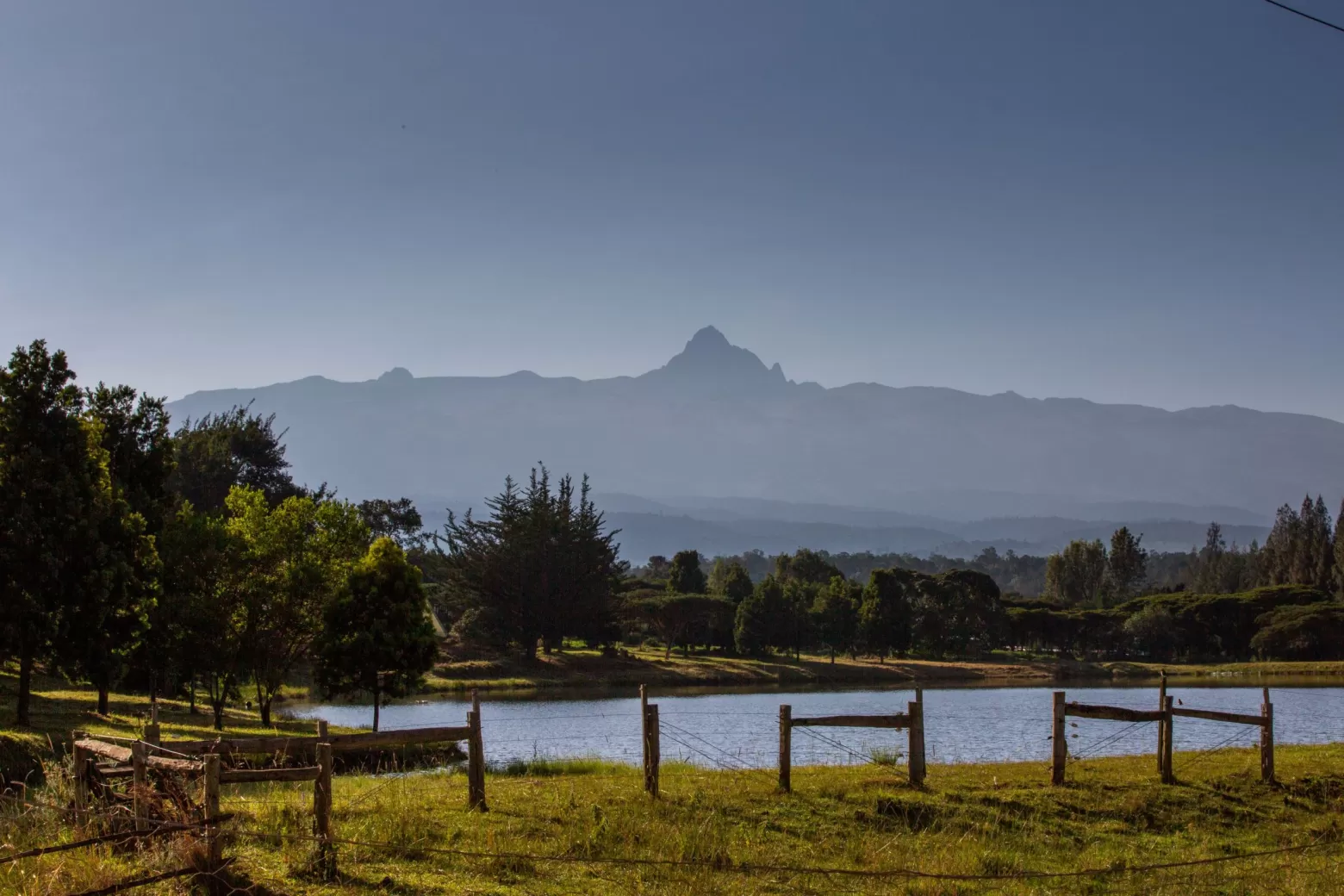
A glimpse into the future
Ronald: "This year we are going to focus on organic pest control, sustainable soil management and collecting more data on production. We have also drawn up a five-year plan for agronomy. We want to reduce chemical substances and water use every year. The availability of water is decreasing, so we have to water more efficiently. For example, we have to make sure that no beds are irrigated when there are no plants, or that fertilisers are applied with water when it is raining. We want to use water more strategically, but we don't know exactly how we're going to do that.
So there is plenty to investigate. We are looking forward to all the innovative developments in agronomy (and in ESG!) and will certainly keep you informed!

